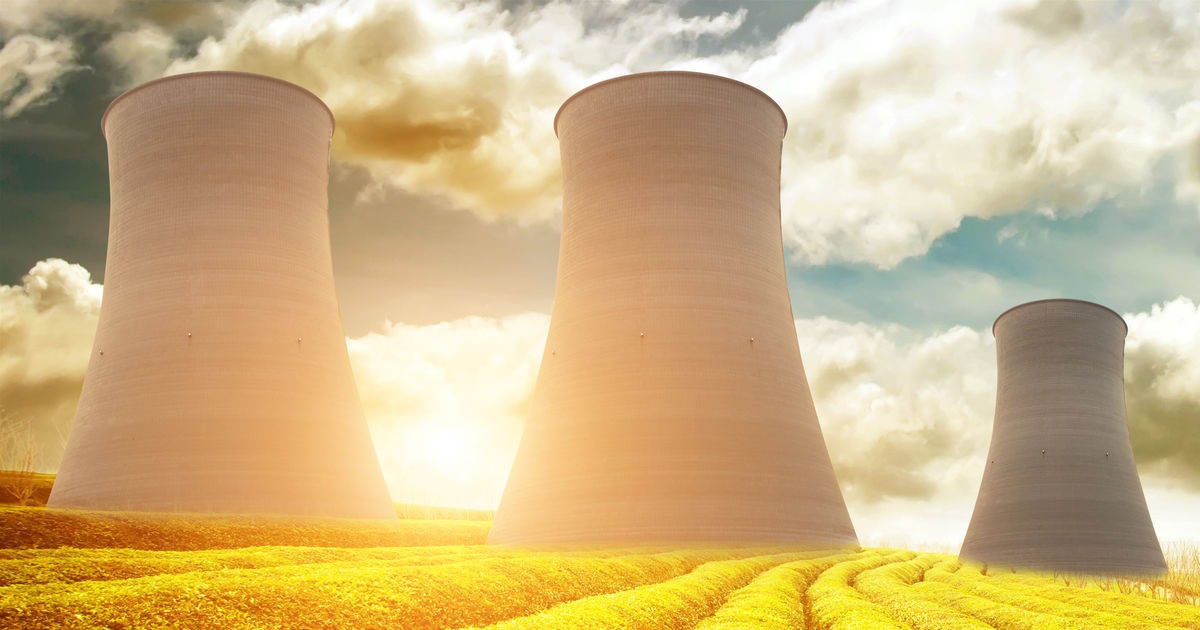
by Noriyuki Morimoto
Since the 2011 nuclear accident in Fukushima, abolition of nuclear power generation has been a big issue dividing public opinions. However, even if we decide to stop nuclear power generation, there seems to be a structural contradiction that we must continue nuclear power generation.
Denuclearization by nuclear power means that even if a political decision is made to phase out nuclear power, as a logical outcome of economic and technological constraints, it would take a very long time to complete, perhaps 50 years or longer. Over this time, as nuclear power plants continue to exist, they would probably have to continue operating, and even in some cases new nuclear power plants may have to be constructed.
After all, it is a matter of social consensus. If society reaches an agreement, it may be possible to stop nuclear power right away. But if the accompanying social costs are too great, the focus of discussion would be whether it is possible in a realistic sense.
Certainly, as a recent fact, all nuclear power plants in Japan have stopped operation for a considerably long period of time. This may mean that at the present moment, electricity can be stably supplied with sources excluding nuclear power.
However, nuclear power generation is a matter of politics concerning the use of scientific technology and the economics of the electricity business. When permanently discontinuing the operation of all nuclear power plants, that is, when abolishing nuclear power generation, it is necessary to consider at least three issues.
First, the distortion of the energy portfolio accompanying the abolition of nuclear power generation must be supplemented by temporarily activating another power source, and in some cases, it will be a large cost burden.
Secondly, as it is likely to take a considerable amount of time to complete the restructuring of the power supply configuration without nuclear power, the electricity supply during the transition will be forced to become unstable.
Thirdly, regarding the decommissioning work of nuclear power plants, there is no financial source and it will be difficult to secure technicians to work on a business that is only going to go extinct. Also, social consensus has to be made on how to pay for the cost.
These issues cannot be solved immediately. Therefore, denuclearization is a question of how to deal with nuclear power over a long period of time.
[Category / Future of Nuclear Power Generation]

Chief Executive Officer, HC Asset Management Co.,Ltd. Noriyuki Morimoto founded HC Asset Management in November 2002. As a pioneer investment consultant in Japan, he established the investment consulting business of Watson Wyatt K.K. (now Willis Towers Watson) in 1990.

